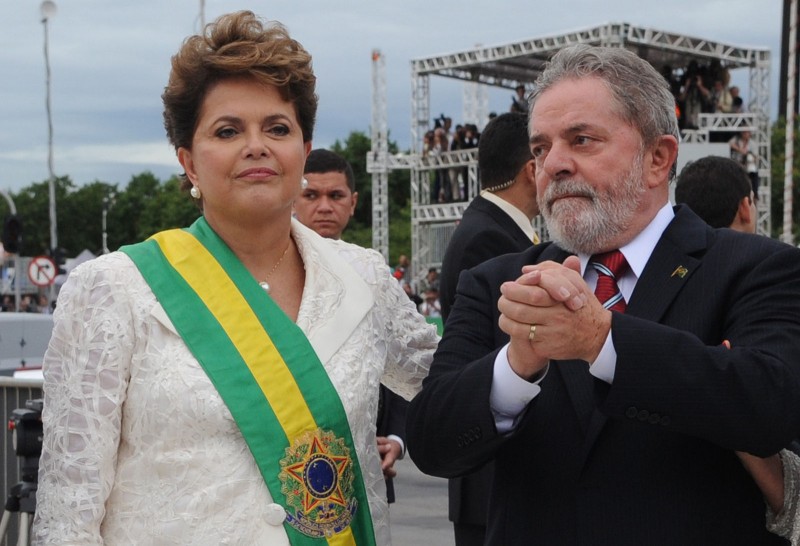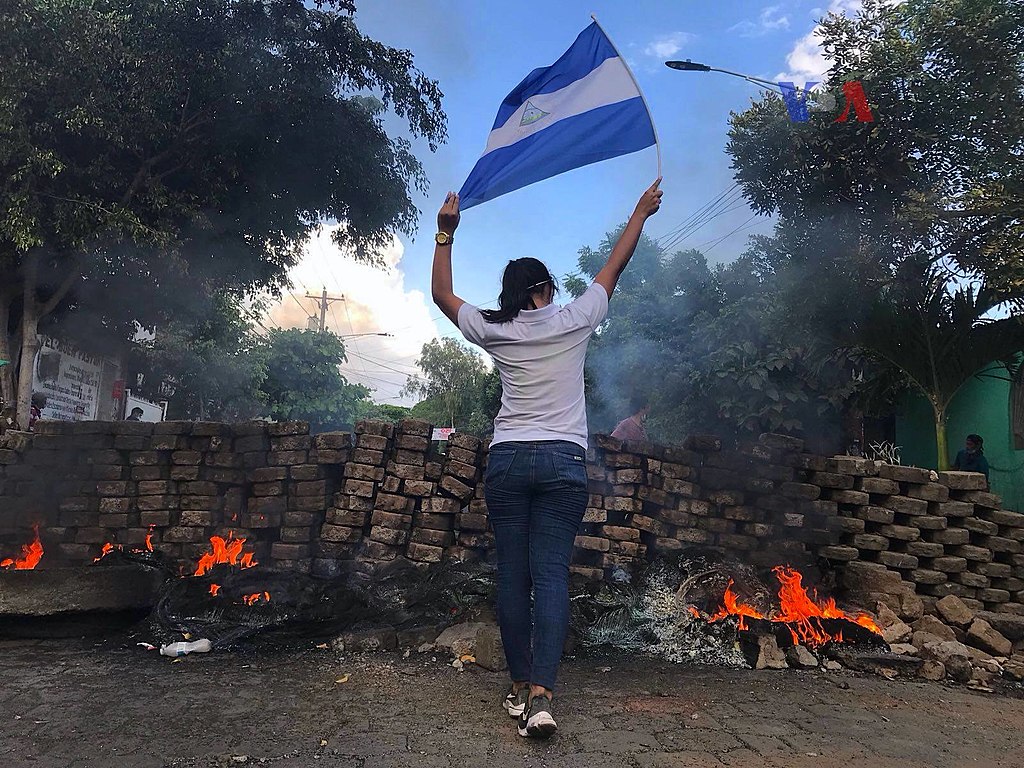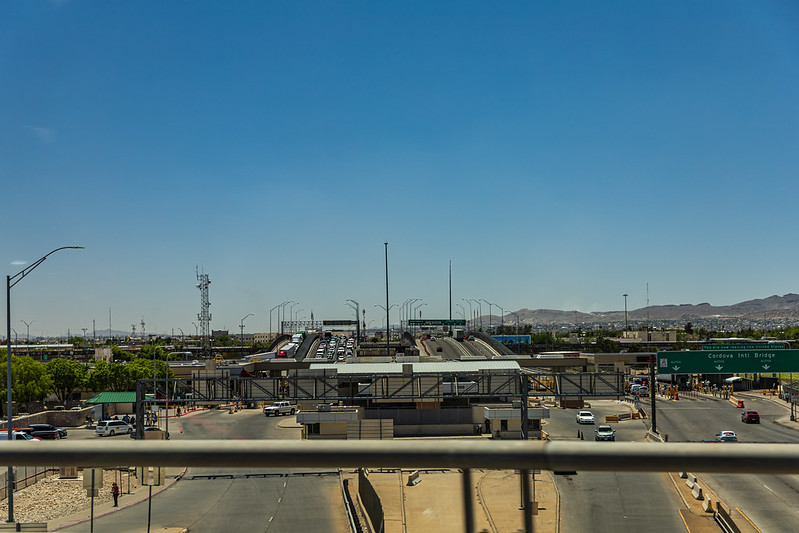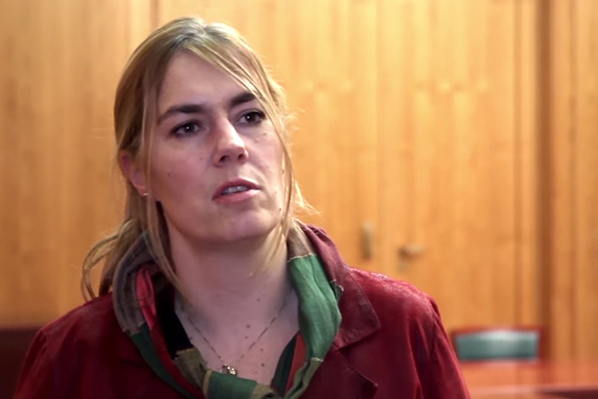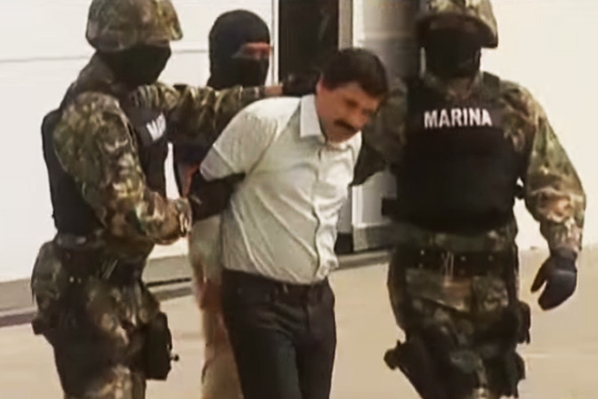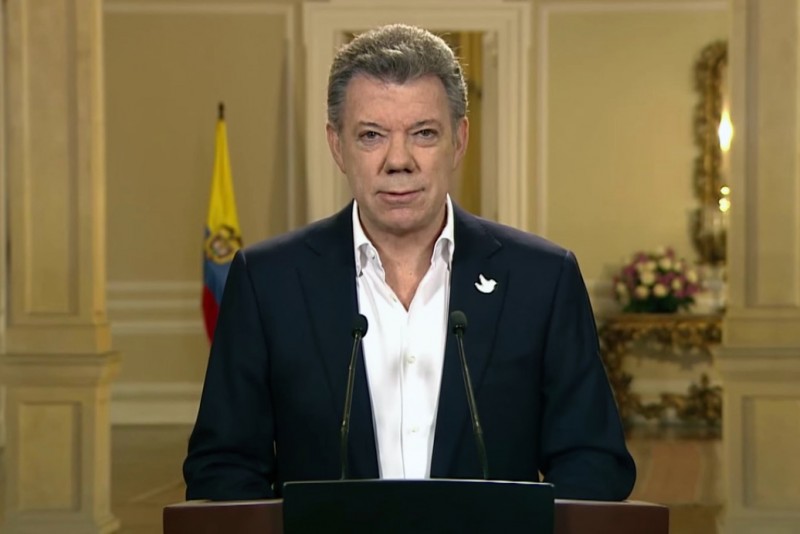
Andes, Colombia, Latin America: Week in Review
In Historic Step, Colombia to Curtail Military Action Against FARC
July 13, 2015 By Staff
Top Story —The Colombian government will decrease military activity against FARC rebels, provided that the leftist guerrilla group upholds a recently announced unilateral ceasefire, according to a statement made Sunday by negotiation facilitators in Havana, Cuba. While government officials did not specify what military activity would be curtailed, they stressed that the step did not constitute a fully fledged bilateral ceasefire.
“From the point of view of a negotiation with a complex actor like the FARC, I understand the government’s approach of preserving a potential bilateral ceasefire until it is abundantly clear that the talks have made irreversible progress,” Angelika Rettberg, a university professor and expert on the Colombian civil conflict, told The Latin America News Dispatch.
President Juan Manuel Santos, in a televised address, called the joint agreement announced on Sunday a “new light of hope,” but noted that the de-escalation of military action is contingent on the FARC following through with its unilateral ceasefire, set to commence on July 20. Santos also announced that he will evaluate the FARC’s commitment in four months’ time, before deciding whether the peace talks should continue.
Sunday’s announcement constitutes part of a strategy by the government to boost public confidence in the peace talks, according to The Associated Press. Negotiations in Havana between the government and FARC leaders began in November 2012, but owing to a recent escalation of violence by both sides — June was the deadliest month since talks began, according to the Conflict Analysis Resource Center — the peace talks have experienced record-low approval ratings.
Just Published in Latin America News Dispatch
- For our full conversation with Universidad de los Andes political science professor Angelika Rettberg, an expert on the civil conflict in Colombia, read reporter Daniela Castro’s exclusive interview.
- The drug lord Joaquín “El Chapo” Guzmán escaped from a maximum-security prison in Mexico through a nearly mile-long tunnel on Saturday, initiating a large scale manhunt. Read here for more on the implications of Guzmán’s escape.
Headlines from the Western Hemisphere
North America
- Hundreds of people have been evacuated and a local airport closed in western Mexico due to ash falling from the Colima volcano, which the interior ministry said was showing signs of a potentially major eruption.
- The U.S. Senate Majority Leader, Republican Mitch McConnell, said the Senate will likely block anyone President Barack Obama elects as the new U.S. ambassador to Cuba and will continue to maintain broad economic sanctions on the island nation.
Caribbean
- London’s Metropolitan police offered an official apology for dressing an actor involved in the simulation of a terrorist attack in a shirt with the Cuban flag on it, saying that the shirt choice was an accident and a “regrettable error.”
- Fidel Castro appeared in public for the second time last week on Saturday, when he presented diplomas workers in the Interior Ministry for their work in food production, according to the Cuban Press, which published photos of the event.
Central America
- Politicians, police and experts are undecided as to how El Salvador should handle gang activity and its high murder rate, according to an NPR piece that investigates the frightening and sad effects of violence in the country.
- Costa Rican President Luis Guillermo Solís authorized a decree that would work to fight money laundering and “terrorist financing” by tightening controls on the remittance sector and other transportations of cash.
Andes
- Venezuelan officials announced Friday that the country would ask the United Nations to mediate a border dispute with neighboring Guyana over land where oil was recently discovered.
Southern Cone
- In the last stop on his eight-day tour of South America, Pope Francis visited Paraguay’s most important pilgrimage site on Saturday, where paid homage to the country’s mothers and women, and said the Lord’s Prayer in the widely spoken indigenous language Guarani.
- A U.S. federal judge ruled Friday that investors in Petrobras — the Brazilian oil in the midst of the nation’s largest ever corruption scandal — could move forward with a $98 billion class action lawsuit against the company.
- Prosecutors in Brazil are investigating the death of more than 10,000 fish in holding tanks meant for what was billed to be “the biggest freshwater aquarium in the world” in Campo Grande, Brazil.

